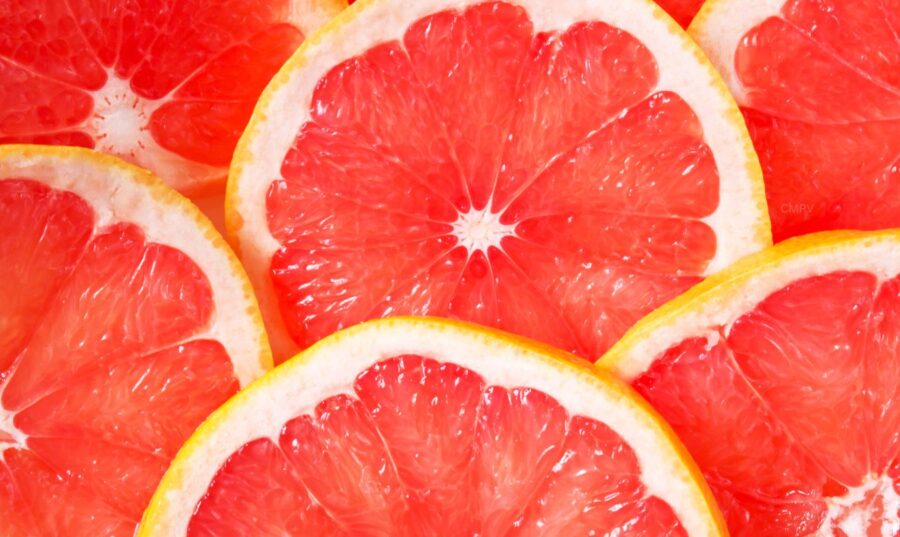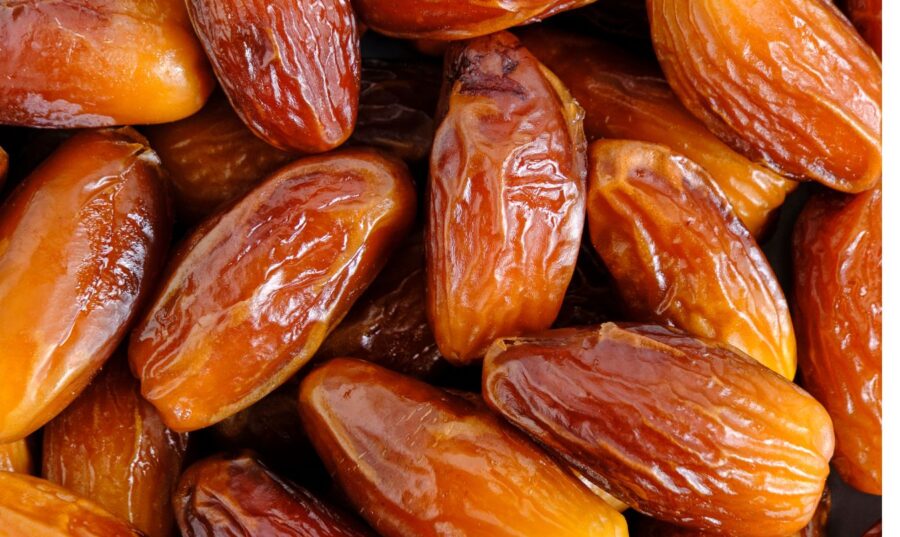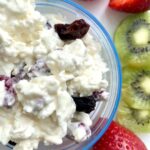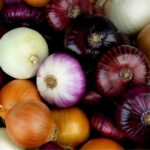|
Getting your Trinity Audio player ready...
|
Seasonal allergies affect millions of people each year in different parts of the world. The most common are the allergic rhinitis and allergic conjunctivitis. The results of different clinical studies show that people sensitive to pollen react to certain fresh foods of plant origin. These foods contain proteins similar to those in pollen.
Typical allergens for seasonal allergies include:
- tree pollen, early spring
- grass pollen, late spring and early summer
- weed pollen, late summer and into fall
Season Dates
In the Northern Hemisphere, spring begins at the spring equinox (~March 20), summer begins at the summer solstice (~June 21), autumn at the autumn equinox (~September 22), and winter on the winter solstice (~December 21). In the southern hemisphere, the seasons are reversed; spring begins in September, summer in December, autumn in March and winter in June.
Symptoms of seasonal food allergies
Reactions to certain foods can cause allergic symptoms generally limited to the oral mucosa. Among the best-known symptoms are itching of the mouth and throat, swelling of the tongue and swelling of the subcutaneous tissues of the mouth and throat. These appear immediately after ingestion of the responsible food or meal. Only a small group of people have systemic allergic reactions. For example, nausea, diarrhea, vomiting, generalized hives or rash, difficulty breathing, or even anaphylactic shock.
Foods that cause seasonal allergies
There are some foods that cause reactions similar to seasonal allergies. About a third of people who suffer from seasonal allergies are also affected by the oral allergy syndrome (caused by certain foods).
In some people, consuming foods that contain proteins called profilins Similar to those found in pollen, it may result in itching, swelling, or blisters around the lips, mouth, and tongue. Published data show that about 50 to 70% of people with pollen allergy develop hypersensitivity to certain similar food allergens.
According to studies, foods with pollen-like protein that could cause oral allergy syndrome are:
| apricots | celery (celery) |
| dried or fresh plums | fennel (fennel) |
| Kiwi | parsnip (parsnips) |
| cherries | green pepper |
| figs | parsley |
| peaches | banana |
| water melon | banana |
| nectarines | almonds |
| apples | hazelnut |
| pears | Pumpkin seeds |
| carrots | walnut nut |
| tomatoes | citric fruits |
Recommendation for people sensitive to pollen
When the spring, summer and autumn seasons begin in your country, observe in detail if your sensitivity to pollen becomes more intense when consuming any of the foods listed above. If so, avoid consuming them, particularly consuming several of them on the same day or in the same week that you have the pollen allergy.










